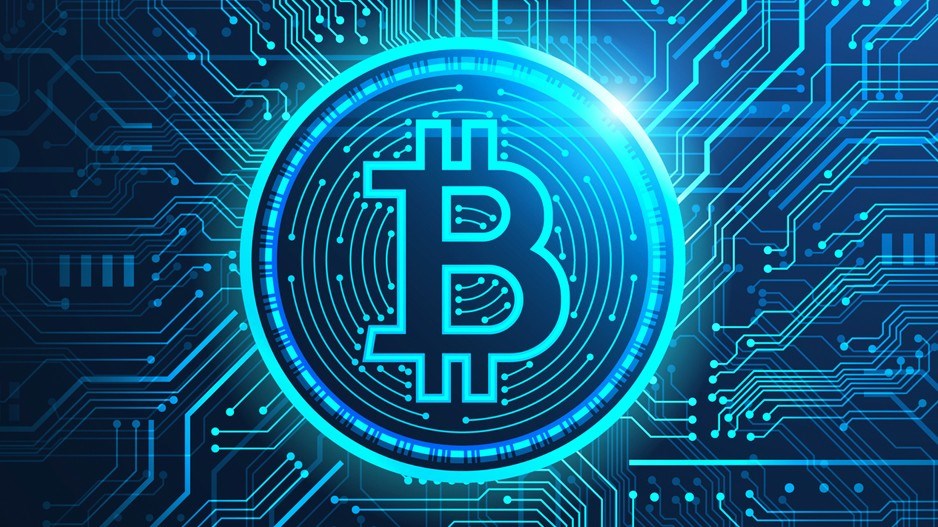When Bitcoin’s value rises and falls, so too do the number of startups and ventures that promise investors new ways to trade, exchange and profit from the cryptocurrency.
Taurus Exchange, which claimed to be Canada’s first zero-commission Bitcoin exchange, Bitcoin in a Box, Coinfresh and VFS Ventures and Securities, a cryptocurrency incubator, were all founded – and later folded – in Vancouver over the last decade.
Bitcoin-related businesses going dark can affect investors to varying degrees. An extreme example is QuadrigaCX, which a review by the Ontario Securities Commission described as “old-fashioned fraud wrapped in modern technology.” Investors who used Quadriga, which had offices in Vancouver, collectively lost at least $169 million because of the fraudulent conduct of the company’s co-founder.
In B.C., Einstein Exchange was shut down after the BC Securities Commission (BCSC) began investigating complaints from investors who could not access their assets. The company had less than $45,000 in cash and cryptocurrency, but owed approximately $16 million to its customers, according to the BCSC.
While Quadriga and Einstein Exchange are not representative examples of Canada’s crypto-asset trading landscape, the lessons for investors are clear: know where you are investing your assets and how they will be kept safe.
“I think anybody who thinks about stepping into this forum and purchasing Bitcoin as an investment – and I personally sort of hesitate when I think of the word investment and Bitcoin a little bit at this point in time – they really should do their due diligence to understand who it is they’re dealing with, what it is they’re actually purchasing and understand that there’s a significant amount of volatility in crypto-assets these days,” said Mark Wang, director of capital markets regulation at BCSC.
The regulation of how securities and derivatives are traded in British Columbia falls under the jurisdiction of the BCSC. That may include crypto-assets such as Bitcoin, depending on their characteristics and how those assets are bought and sold.
Generally speaking, Wang said that if investors buy and receive Bitcoin, it is considered a commodity transaction and outside of the BCSC’s jurisdiction. If, however, a customer buys the right to Bitcoin that is held by a trading platform, securities legislation applies. In other instances, where crypto-assets are considered securities or derivatives, legislation applies regardless.
The ability to sell securities in B.C. comes with a host of obligations – including insurance and disclosure requirements – that in turn afford investors greater transparency.
“The very first thing that somebody should be looking at is whether [a trading platform] is regulated by the relevant securities regulatory authority,” said Zach Masum, BCSC’s manager of legal services in capital markets regulation and head of the commission’s fintech and innovation team, adding that crypto-asset trading platforms may be subject to other regulations, such as those that deal with money laundering.
To evaluate a trading platform, Masum recommends that investors do their due diligence by evaluating the platform’s principals, their history, the platform’s operations and its structure.
“In other words, if you’re buying Bitcoin on that platform and it’s safe-keeping that for you, you want to be sure that that’s an entity that you trust in order to keep your assets safe,” he said.
Adam Soltys, creator of the open-source crypto wallet Coinos and a member of Vancouver’s now largely defunct Bitcoin Co-op, acknowledges the risks of owning a digital asset that is kept by someone else.
It’s common, he said, for investors to keep their Bitcoin stored on an exchange or on another server, but doing so makes those assets vulnerable to a hack or a “big exit scam” by people who shut down access and take the assets for themselves.
“That’s happened many times over the years,” Soltys said. “I always recommend people to get a paper wallet or hardware wallet. Make sure that you’re storing it yourself and you’re not trusting someone else to store them for you.”
Despite the risks, Soltys is a firm believer in the benefits of Bitcoin.
“It is going to be a good investment for people, because it is immune to inflation, and I think over time we’re just going to see more and more money-printing from our governments,” said Soltys, pointing out that the amount of Bitcoin is fixed – capped at 21 million, according to bitcoin.org.
It is also portable, secure in and of itself, easily divisible down to 100-millionth of a bitcoin and difficult to counterfeit.
“Bitcoin is like the ideal form of money. It has these unique properties that make it good for doing payments and for storing your wealth,” Soltys said.
After Soltys spoke with BIV, an anonymous account exploited bugs in the Coinos server code and withdrew 0.3 bitcoin, worth nearly $15,000 as of January 13.
“There are still enough funds to cover everyone’s balances, and I hope to return to service within a couple of days,” Soltys wrote in a message to the hundred-plus unique users of the Coinos wallet.
“What doesn’t kill us only makes us stronger.”




